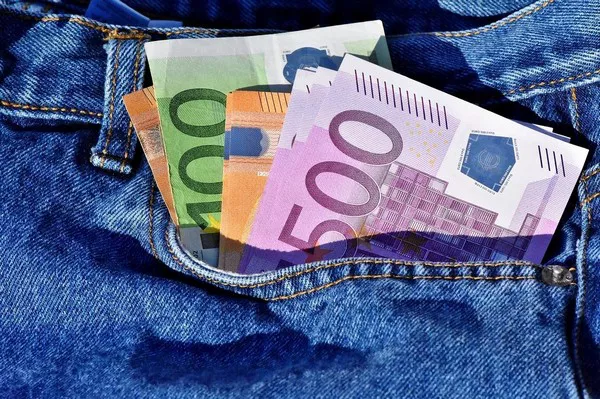Switzerland, a landlocked country in the heart of Europe, is known for its beautiful landscapes, chocolate, and precision watches. However, one thing that sets Switzerland apart from its neighboring countries is its decision not to adopt the euro as its official currency. While many European Union (EU) member states have adopted the euro as their common currency, Switzerland has remained steadfast in its use of the Swiss franc. There are several key reasons why Switzerland has chosen to maintain its independence in monetary matters.
Swiss neutrality and independence
One of the primary reasons why Switzerland does not use the euro is its long-standing commitment to neutrality and independence. Switzerland has a unique history of avoiding entanglements in international conflicts and maintaining a policy of neutrality. By retaining its own currency, Switzerland has the flexibility to manage its monetary policy independently without being influenced by decisions made by the European Central Bank (ECB) or the economic conditions of the eurozone.
The Swiss franc as a stable currency
The Swiss franc has a reputation as a safe-haven currency and is considered one of the most stable currencies in the world. Switzerland has a strong economy with a well-established financial sector and a low inflation rate. By using the Swiss franc, Switzerland has greater control over its monetary policy and can react more effectively to economic fluctuations. This stability provides a sense of security for both Swiss citizens and international investors.
Protection against economic shocks
Another important factor in Switzerland’s decision to retain its own currency is the ability to protect itself against economic shocks. The eurozone has experienced significant economic turbulence in recent years, with some member states facing severe financial crises. By maintaining an independent currency, Switzerland has more flexibility to respond to economic downturns and mitigate the impact of external shocks. This has allowed Switzerland to weather economic storms more effectively and maintain a resilient economy.
Tradition and public sentiment
The Swiss population has a strong attachment to its currency, the Swiss franc. The franc has been an integral part of Swiss identity for centuries. The Swiss National Bank, the country’s central bank, has played a crucial role in maintaining the stability of the Swiss franc and preserving the country’s economic well-being. The Swiss people, through referendums and public sentiment, have consistently expressed their desire to keep the franc as their currency, reflecting a deep-rooted sense of tradition and national pride.
Fiscal discipline and competitiveness
Switzerland has a reputation for fiscal discipline and competitiveness. The country has consistently maintained low inflation rates, a strong financial system, and a favorable business environment. By retaining its own currency, Switzerland has the flexibility to implement monetary policies tailored to its specific needs, allowing it to adapt to changing economic circumstances. This ability to fine-tune monetary policy has contributed to Switzerland’s economic success and its ability to remain globally competitive.
Switzerland’s relationship with the European Union
While Switzerland is not a member of the EU, it has close ties and a complex relationship with the bloc. Switzerland participates in the Schengen Agreement, allowing for the free movement of people, and has numerous bilateral agreements with the EU, covering various aspects of trade and cooperation. However, Switzerland has chosen to maintain its monetary independence, as it believes this provides the best balance between economic integration with the EU and the preservation of its sovereignty.
In conclusion, Switzerland’s decision not to use the euro is rooted in a combination of factors. The country’s commitment to neutrality and independence, the stability of the Swiss franc, protection against economic shocks, tradition and public sentiment, fiscal discipline, competitiveness, and its relationship with the European Union all contribute to Switzerland’s continued use of the Swiss franc. While the euro has brought benefits to many EU member states, Switzerland has chosen a path that aligns with its unique history, values, and economic strengths. As Switzerland continues to navigate its relationship with the EU and adapt to changing global dynamics, the Swiss franc remains a symbol of the country’s financial stability and economic resilience.
Related Topics:
- Unraveling the Country Behind CHF: Switzerland’s Currency Code
- The Currency Conundrum: Euros in Switzerland?
- A Comprehensive Guide to Using US Dollars in Switzerland


